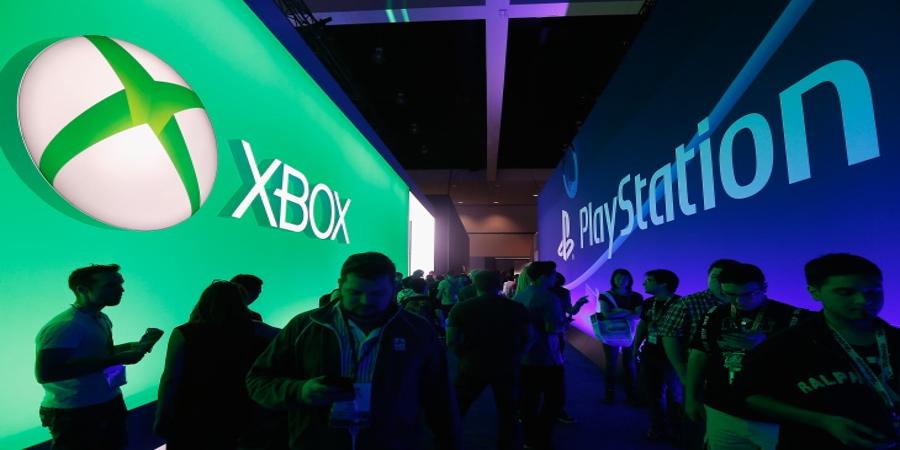The FTC announced Thursday that it would sue to block Microsoft’s acquisition of gaming giant Activision Blizzard. Microsoft announced plans to buy the company, which has been plagued by sexual harassment and discrimination allegations and labor disputes, back in January for $68.7 billion.
The deal would mark a seismic shift in the gaming industry — Activision Blizzard owns hugely popular games like the Call of Duty franchise and World of Warcraft — but the massive size of the deal and the prevailing anti-consolidation sentiment meant that it was due for some intense regulatory scrutiny from day one.
In its statement, the FTC cites concerns that the deal would “enable Microsoft to suppress competitors” to Xbox, including its paid Game Pass subscription service and cloud gaming services.
“Microsoft has already shown that it can and will withhold content from its gaming rivals,” FTC’s Bureau of Competition Director Holly Vedova said. “Today we seek to stop Microsoft from gaining control over a leading independent game studio and using it to harm competition in multiple dynamic and fast-growing gaming markets.”
PlayStation maker Sony, Microsoft’s console rival, has loudly objected to the proposed merger, which would consolidate some of the world’s most popular games under the Xbox’s banner. In recent weeks, Microsoft has been attempting to stave off the regulatory threat by promising to give Call of Duty equal treatment on the PlayStation and even agreeing to bring the franchise to Nintendo if the deal goes through.
Activision Blizzard CEO Bobby Kotick reassured employees on Thursday afternoon that in spite of the FTC pushback, the deal was still on track. “This sounds alarming, so I want to reinforce my confidence that this deal will close,” Kotick said, according to a statement provided to TechCrunch. “The allegation that this deal is anti-competitive doesn’t align with the facts, and we believe we’ll win this challenge.”
Microsoft President Brad Smith also weighed in on the FTC’s decision, arguing that the deal would create new opportunities rather than stifle competition.
This story is developing.
Source @TechCrunch



